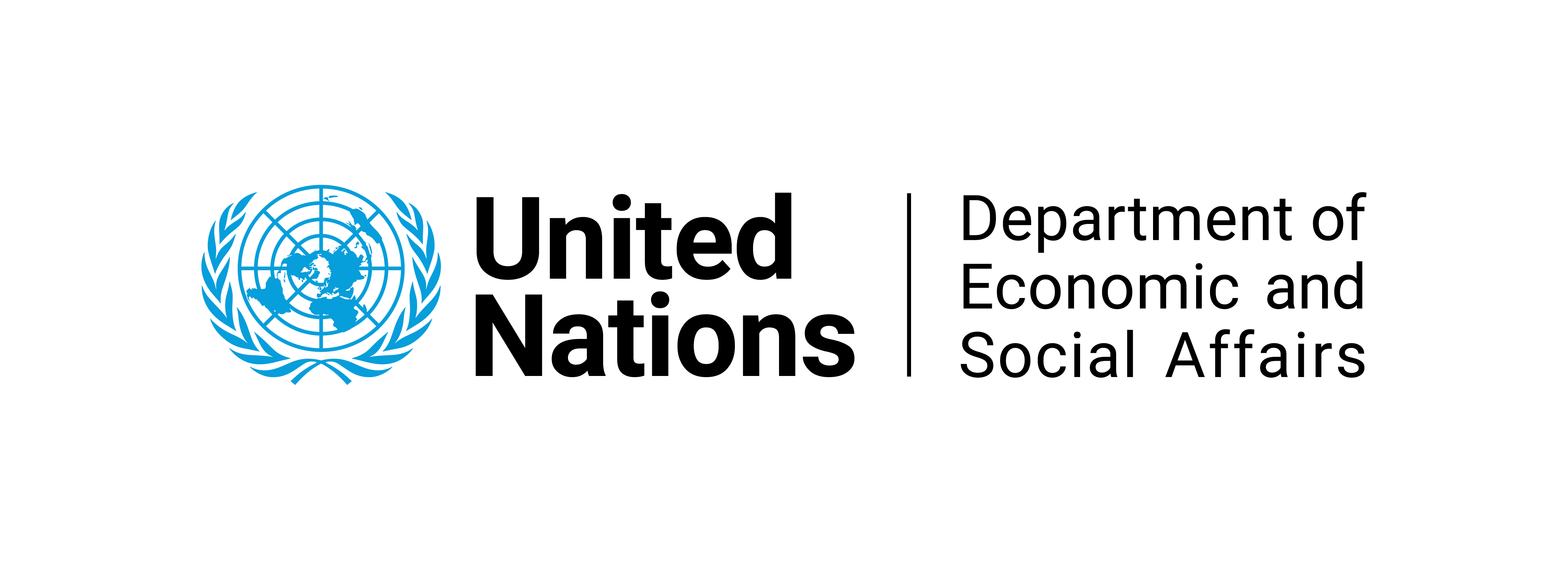7.11 Needs of international institutions#
An NSO works extensively with international institutions. These are made up of the UN organizations (UN Secretariat, specialised agencies, funds and programmes, regional commissions), intergovernmental development banks, intergovernmental central banks and regional intergovernmental organizations (see Chapter 17 - The International Statistical System (ISS)).
The relationship between an NSO and international institutions works in two directions. The NSO provides statistics to the international institutions and contributes to discussions in international fora while international institutions provide technical capacity building and guidance on the use of standards and methodologies.
International institutions support collective action in a number of ways, particularly through the development of common rules, standards, and international instruments.
For an NSO, the focus of their work with international institutions is the provision of statistics that are comparable across countries, whose compilation requires collaboration between the NSO and other agencies in the NSS. Depending on the mandate of each international institution, the provision of this data can be either a legal obligation resulting in a penalty if not fulfilled, or it can take the less binding form of a cooperation agreement or memorandum of understanding. The workload of an NSO can increase when multiple requests are made for the same, or similar, data through lack of coordination between different international institutions. This has been addressed by both sides and efforts have since been made by NSOs to publish data online using agreed international standard formats in order that international institutions can ‘pull’ the data themselves from a single source rather than have the NSO ‘push’ a separate data extract for request.
